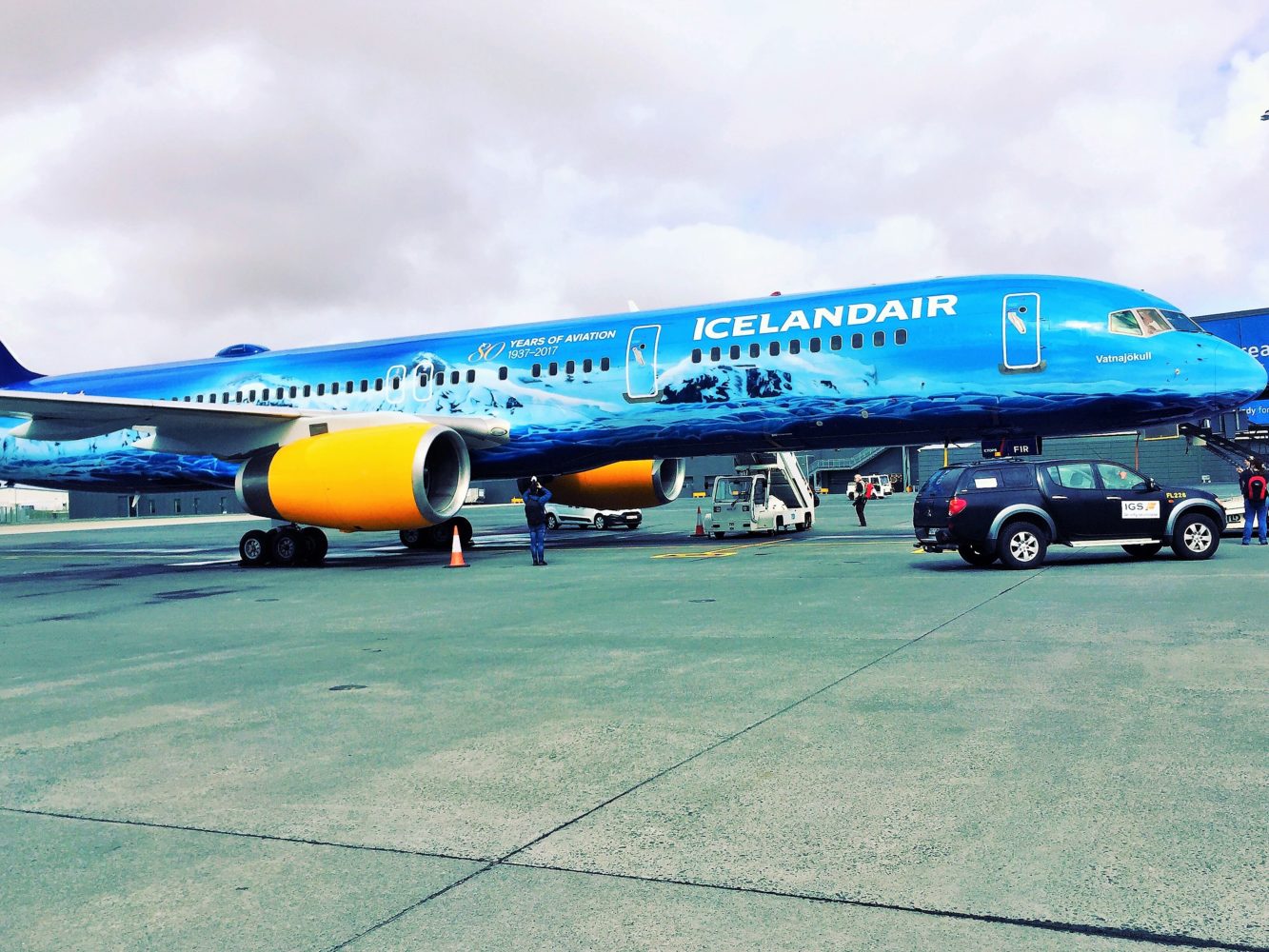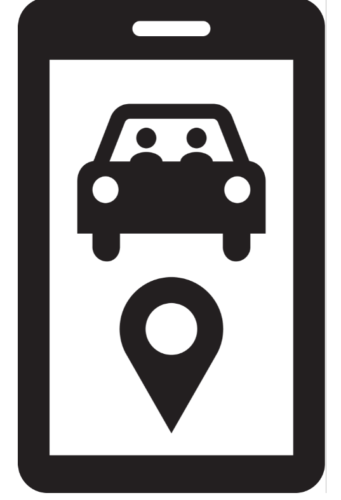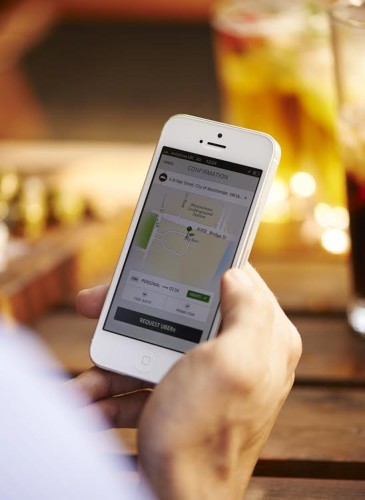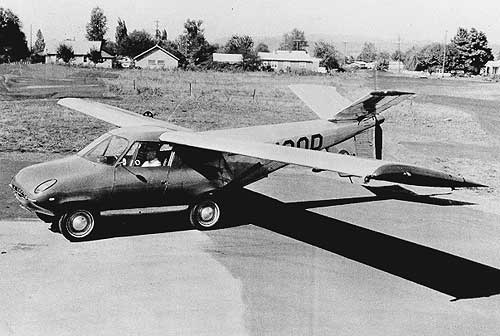
Icelandair has decided to extend the run of its Buddy Hotline Service through July 8.
The free program offers passengers a chance to get travel planning tips via phone or via online messenger from a member of the Icelandair team who’s an Iceland local.
According to Icelandair, each of the “Buddies” has a different expertise, such as local cuisine, outdoor adventures, wellness and Icelandic culture. And each buddy is eager to offer insider tips to help travelers make the most of their trip.
The Hotline is open weekdays through July 8 from 9 a.m. – 3 p.m. ET and weekends from 12 p.m. – 3 p.m. ET.
PDX testing new ways to leave airports via Lyft and Uber

Like many airports, Portland International often has a very long line of people waiting for their assigned driver from a ride-hailing service such as Uber or Lyft.
Now, thanks to a pilot program being tested by both Uber and Lyft, the line should move much faster.
And, soon, so should the ride-hailing pick-up line at other airports.
First, the airport has separated the pick-up locations for the ride-hailing brands (Uber, Lyft and Winz) that serve the airport.
Uber and Lyft are also using a new system for pickups.
Uber is using PIN technology, a system it has used a high-volume events and festivals, to more quickly connect UberX riders and their drivers.
Travelers request an UberX ride, receive a one-time code, and enter the line at the pick-up location. When they reach the front of the line, they show their code to the driver and upon validation, start the trip. (Separately, riders can also use Uber products for pick-ups at PDX, including UberPOOL, Uber XL etc. )
Lyft is also offering travelers a new code-based pick-up service.
With Lyft, travelers request their ride and are given a code. When the passenger arrives at the curb, they show the code to the next available driver and off they go.
Both companies are testing their processes at PDX this week with full implementation expected by May 20.
The pin-systems should get riders moving more quickly. S we expect the pilot program to become a permanent program at PDX and other airports shortly.

